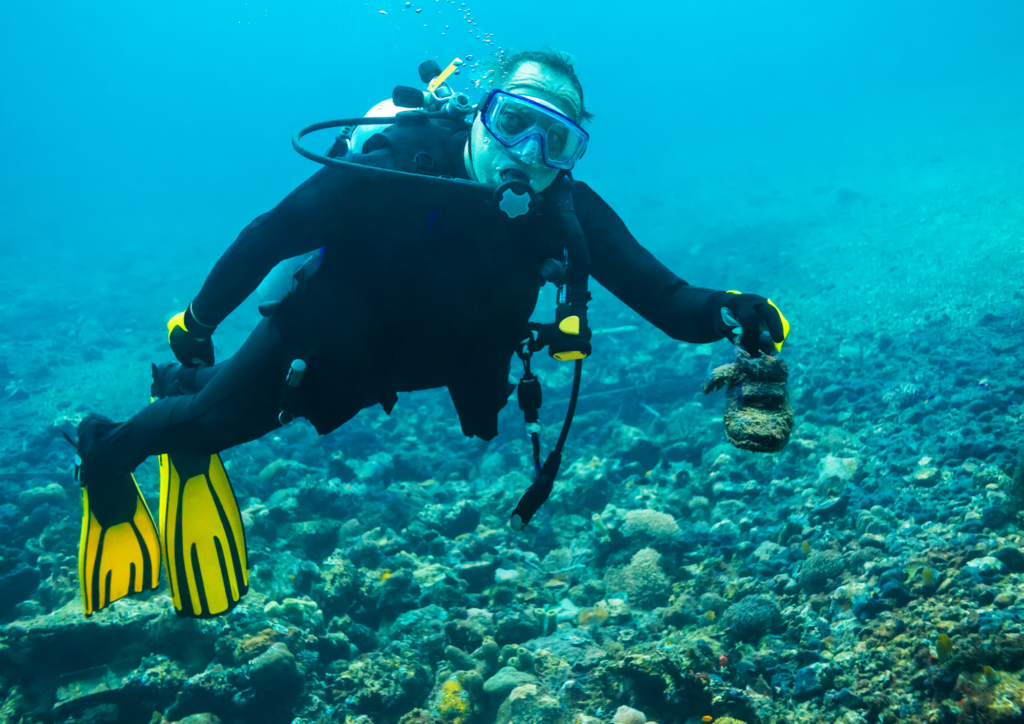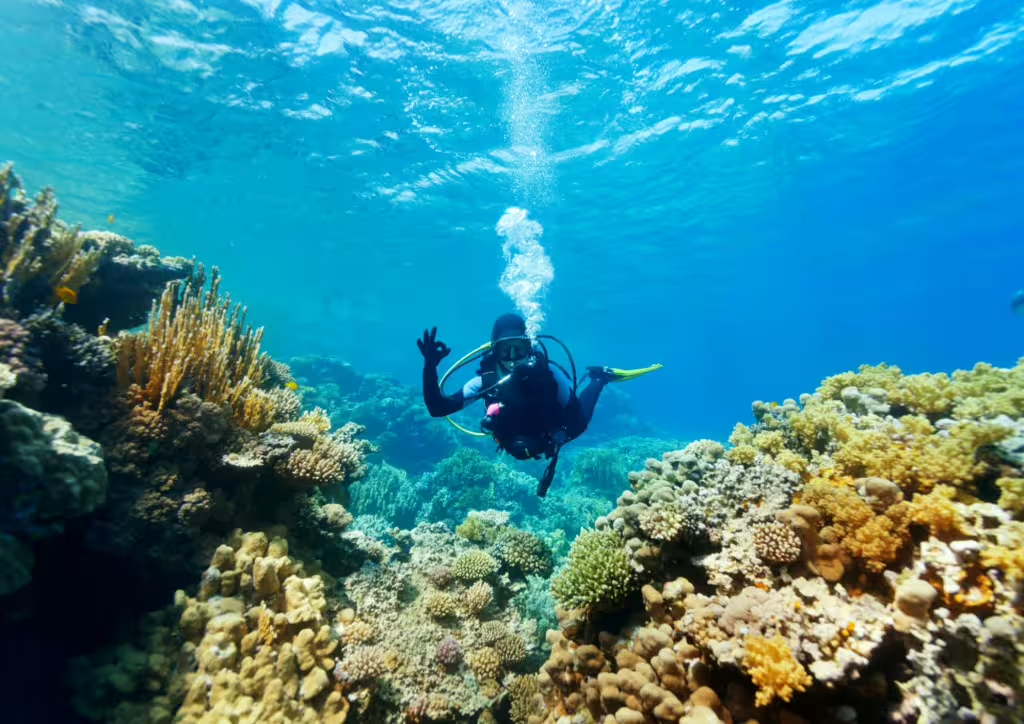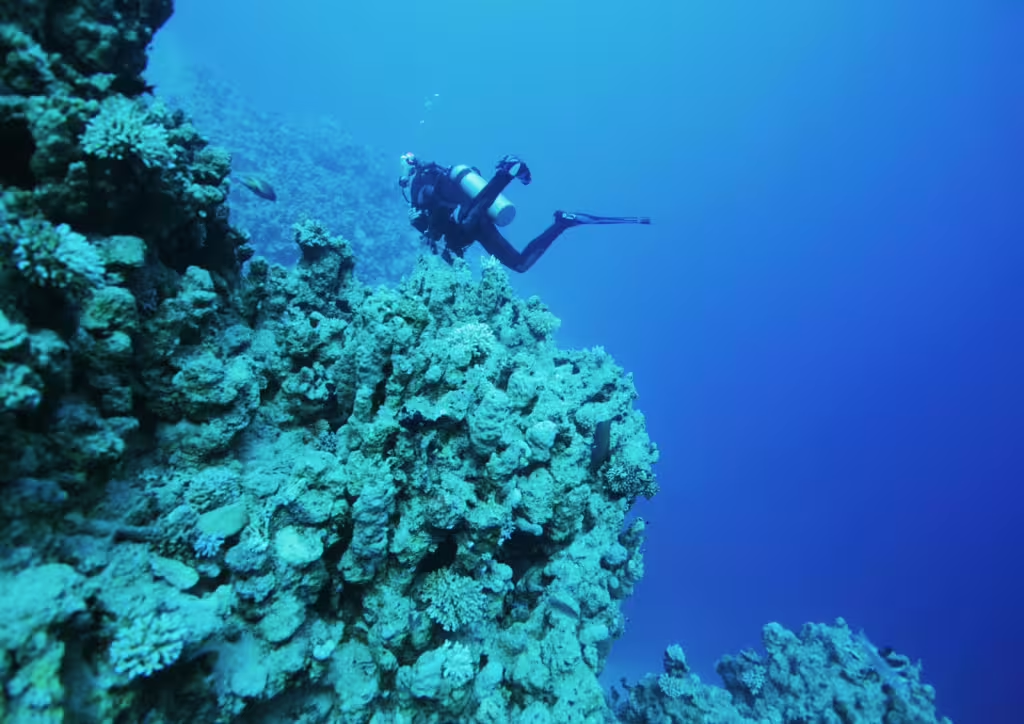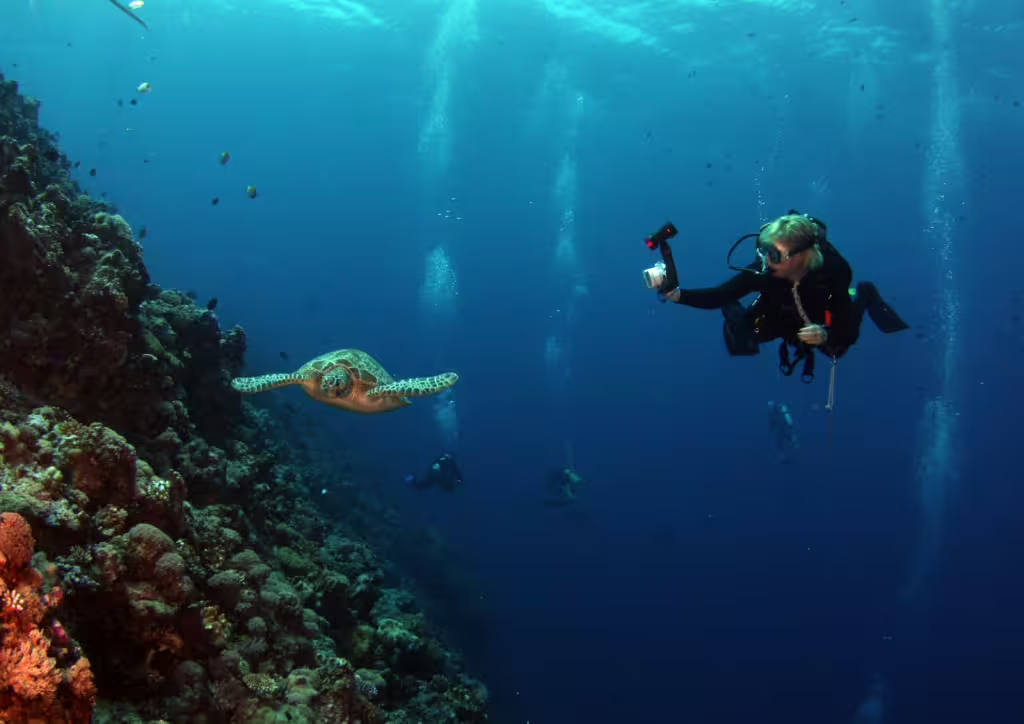Preparing for your Bali Open Water Diving Course is an exciting endeavor that promises breathtaking underwater adventures. Whether you are a novice exploring the depths of the ocean for the first time or an experienced diver looking to refine your skills in one of the world’s most beautiful diving locations, it’s essential to equip yourself with the right knowledge and preparation. In this blog, we will outline the essential steps you need to take to ace your Bali Open Water Diving Course, ensuring you have both the confidence and competence to enjoy your diving experience to the fullest.
Understanding the Bali Open Water Diving Course Requirements
Before embarking on your adventure, it’s crucial to understand the requirements of the Bali Open Water Diving Course. Most diving schools have a minimum age requirement, typically around 10-12 years for junior divers, while adults can participate as long as they are in good physical health. Participants must also be comfortable in the water and possess basic swimming skills. It’s advisable to consult with your medical professional if there are any underlying health concerns, as many diving schools require a medical clearance to ensure safety during the course.
Additionally, you will need to prepare for a written theory component that covers underwater physics, diving equipment, and aquatic safety to ensure you’re equipped with the foundational knowledge before hitting the water. Aside from physical readiness and theoretical knowledge, having the right gear is essential for your Bali Open Water Diving Course. Most diving centers provide necessary equipment, but familiarizing yourself with diving gear like masks, snorkels, and fins can elevate your confidence.
If you prefer to use your own gear, verify that everything fits properly and is in good condition. Proper preparation not only prepares you for the practical aspects of diving but also enhances your overall experience, allowing you to focus on enjoying the breathtaking underwater scenery that Bali has to offer.
Choosing the Right Diving School in Bali

Selecting the right diving school in Bali is crucial for a successful and enjoyable experience during your Bali Open Water Diving Course. Begin your search by researching various schools and reading reviews from previous students. Look for schools that are accredited by reputable organizations, as this often indicates higher safety standards and better quality instruction.
Consider the experience level of the instructors and the instructor-to-student ratio to ensure personalized attention during your training. Don’t hesitate to ask schools about their equipment quality and maintenance practices, as well as their emergency procedures and safety records. Once you have narrowed down your options, visit the schools if possible or attend introductory sessions to get a feel for their teaching styles and environments.
Engaging with the instructors can provide insight into their passion for diving and commitment to training. Additionally, inquire about the course schedule, as flexibility may be important for your travel plans. By fully researching and participating in this selection process, you’ll not only make informed decisions but also increase your chances of having an unforgettable Bali Open Water Diving Experience.
What to Pack for Your Diving Adventure
Packing for your Bali Open Water Diving Course is essential to ensure a smooth, comfortable, and enjoyable experience. Whether you’re a first-time diver or brushing up your skills, coming prepared can make a big difference. For your Bali Open Water Diving Course, quality swimwear is a must, as it will be your main attire in and around the water. Depending on the season and water temperature, you might also need a wetsuit—so it’s a good idea to check with your dive school beforehand.
Comfortable water shoes or sandals are great for rocky beach entries, and a rash guard or UV-protective clothing will help protect your skin during long hours in the sun. A microfiber towel and a dry bag are also useful items to bring to your Bali Open Water Diving Course, keeping your gear safe and dry between dives.
If you have your own equipment, like a mask, snorkel, fins, or a dive computer, it’s worth bringing them along to your Bali Open Water Diving Course for a more personalized experience. Essentials like reef-safe sunscreen, seasickness pills, and biodegradable toiletries will help protect both you and Bali’s marine environment. Lastly, don’t forget a refillable water bottle to stay hydrated throughout your Bali Open Water Diving Course adventure. Proper preparation ensures you’ll make the most of your time underwater while respecting the incredible ecosystem you’re diving into.
Preparing Physically and Mentally for Diving

Mental preparation is equally important when gearing up for your diving course. Developing a positive mindset about the underwater environment and the learning process is crucial. Consider reading diving manuals or listening to expert advice to gain insights into what to expect. Visualization techniques can also be powerful—imagine yourself successfully navigating through different dives, and visualize overcoming any potential challenges. This mental rehearsal can significantly improve your performance and lessen anxiety. By focusing on both your physical fitness and mental readiness, you’ll set the stage for a successful and memorable Bali Open Water Diving Course experience.
Familiarizing Yourself with Diving Gear and Equipment
Before embarking on your Bali Open Water Diving Course, it is crucial to familiarize yourself with the diving gear and equipment you’ll be using during your underwater adventures. Start by understanding the essential components such as the wetsuit, buoyancy control device (BCD), regulator, and tank. Each piece of equipment plays a vital role in ensuring your safety and comfort while diving.
Many diving schools provide introductory sessions where instructors go over the gear, so take advantage of these opportunities to handle and inspect the equipment. Knowing how each device functions will boost your confidence as you prepare for your course, enabling you to focus on mastering your diving skills rather than worrying about the gear.
Moreover, practice using the gear in a controlled setting, such as a swimming pool, before hitting the open waters. Familiarize yourself with how to put on the wetsuit correctly, adjust the BCD, and locate the valves and releases on your regulator. Such practices will not only enhance your comfort but also ensure that you can respond quickly to any in-water tasks. Remember, a well-prepared diver is a safe diver, and understanding your equipment is a significant step toward becoming a proficient diver in Bali’s stunning underwater landscapes.
Safety Protocols and Diving Regulations in Bali
Safety is paramount when embarking on your Bali Open Water Diving Course. Before you even step foot in the water, familiarize yourself with the safety protocols that local dive schools enforce. Most reputable diving centers conduct thorough briefings that cover essential safety measures such as buddy systems, hand signals, and emergency procedures. It is crucial to listen attentively during these sessions and clarify any uncertainties with your instructors.
Also, ensure that you’re aware of the local regulations regarding dives; for instance, some dive spots may have restrictions on the depth or timing of dives, which are typically in place to protect marine life and ensure diver safety. Furthermore, consider completing a health declaration to ascertain your fitness for diving and mitigate any risks associated with diving activities. In addition to understanding safety protocols, being proactive about your own health can greatly enhance your diving experience. It’s wise to stay hydrated and avoid alcohol before diving, as they can significantly affect your safety and performance underwater.
Make sure you’ve equipped yourself with proper diving gear that fits well – this includes masks, fins, wetsuits, and BCDs (buoyancy control devices) that meet safety standards. Participate in safety drills and never hesitate to consult with dive instructors about any fears or concerns you may have before heading out for your dives in Bali. Remember, being well-prepared with the right knowledge and gear will help you focus on enjoying the underwater scenery to the fullest during your Bali Open Water Diving Course.
Understanding Marine Life and Ecosystems in Bali

Bali is renowned for its rich and diverse marine environments, making it an ideal destination for your Bali Open Water Diving Course. Before you dive in, it’s crucial to understand the unique ecosystems you’ll encounter beneath the waves. The coral reefs surrounding Bali are teeming with life, from vibrant corals to a myriad of fish species, including clownfish, angel fish, and even larger marine creatures like manta rays and turtles.
Familiarizing yourself with these species not only enhances your appreciation for biodiversity but also enriches your diving experience as you will be more attuned to the environment you’re exploring. Knowing how to identify various marine life can also ensure you dive responsibly, helping to protect fragile ecosystems and respecting marine guidelines.
In addition to species identification, understanding the vital roles these organisms play within their ecosystems is key to being a responsible diver. For instance, learning about the symbiotic relationships between clownfish and anemones or the impact of reef health on oceanic food chains can deepen your connection to the underwater world.
Educational resources like marine biology books and apps, combined with discussions in your diving course, can provide valuable insights. Preparing in this way not only helps to elevate your diving abilities but strengthens your commitment to marine conservation, making your Bali Open Water Diving Course a truly enriching and unforgettable experience.
Tips for Your First Dive Experience
Embarking on your Bali Open Water Diving Course is an exhilarating journey, but preparing for your first dive can make all the difference. First and foremost, it’s essential to familiarize yourself with the basic theories of diving. Understanding concepts such as buoyancy, pressure, and underwater signals will enhance your diving experience and ensure your safety. Additionally, consider practicing recreational swimming and snorkeling if you’re not already comfortable in the water. This will help you build confidence and get accustomed to being submerged. Last but not least, don’t forget to choose the right diving gear that fits you well, as comfort is key during your dives.
Ready to Dive into Adventure
In conclusion, preparing for your Bali Open Water Diving Course is an exciting journey filled with anticipation and adventure. By ensuring you understand the course requirements, gathering the necessary gear, and practicing key skills, you set yourself up for success underwater. Remember, preparation goes beyond just the practical aspects; it’s equally important to foster a positive mindset and enthusiasm for learning.
Embrace the new experiences and the breathtaking beauty of Bali’s underwater world as you embark on this incredible adventure. As you wrap up your preparations, don’t forget to connect with fellow divers and community members who can enrich your experience. Whether it’s through online forums, social media groups, or local dive shops, sharing insights with those who share your passion can further enhance your diving journey.
Ultimately, your Bali Open Water Diving Course is not just about swimming with the fishes; it’s about creating lifelong memories and skills that will enable you to explore more of what the ocean has to offer. Dive in with confidence and enjoy every moment of your underwater exploration!

